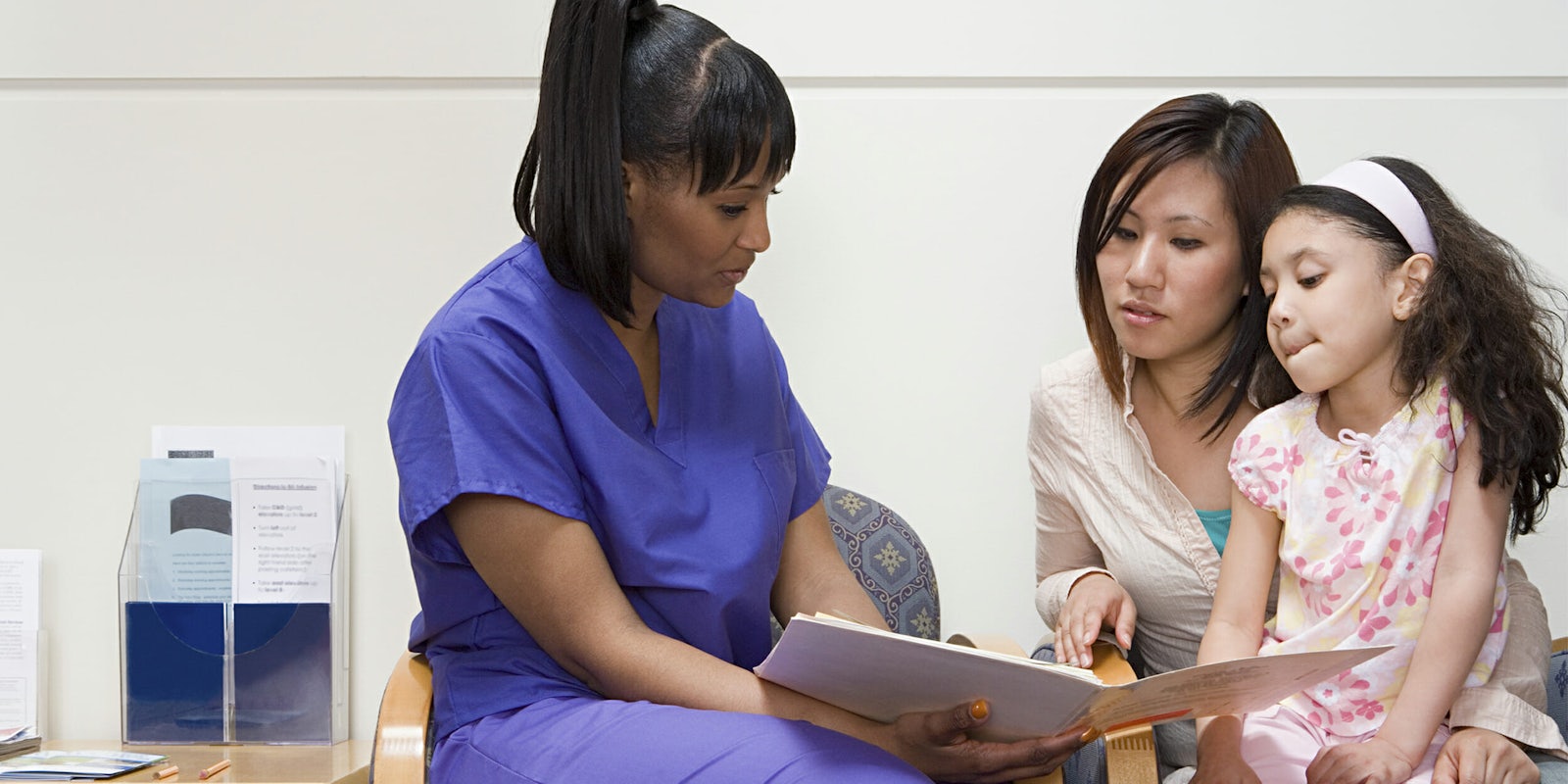Facing the United States’ history of the modernization of medicine is a tough pill to swallow. For populations who weren’t white or male, their roles in healthcare were often dehumanizing and criminal.
Doctors treated them as test patients for myriad studies such as the Tuskegee syphilis experiment, or procedures related to the U.S.’s Nazi Germany-rooted eugenics movement, and perpetuated baseless claims about the physical capabilities of people of non-white races.
On top of the ways in which modern medicine has targeted and failed people of color, health problems including cancer and diabetes disproportionally affect Black communities (particularly cancer for Black men), according to the Center for Disease Control and Prevention. Targeting health risks, however, isn’t helped by the fact that Black communities are more likely to be uninsured than white communities.
According to a 2007 article published in the Journal of the National Medical Association by doctors at Full Circle Health clinic in New York, even mental heath issues can be exacerbated by these factors, and lead to an increase in morbidity and mortality.
“It may not be readily apparent to the treatment provider who interacts with a person of color that more than 200 years’ worth of anecdotal and documentary evidence on racism in medicine and mental health…[has led] to a high degree of vigilance, mistrust, and disdain towards the medical establishment in general and mental health in particular,” the article reads. “Despite any perceived benefits, which might accompany the ‘cultural mistrust’ on the part of people of color, the devastating effects are clear.”
Which is why the annual event “Take a Loved One to the Doctor Day” is vital for encouraging Black communities and non-Black people of color to pursue preventative health measures that they might not do on their own, perhaps out of distrust in doctors or financial inability.
The event, which came to be referenced as “Checkup Day,” was born out of a partnership between nationally-syndicated radio host Tom Joyner of the Tom Joyner Morning Show and the Office of Minority Health within the U.S. Department of Health and Human Services. The first “Take a Loved One to the Doctor Day” began on Sept. 21, 2002, and was an effort to help families get into the habit of attending regular preventative health screenings.
According to a 2010 press release, Joyner originally championed the day in order to reduce the health disparity between Black Americans and the general population, to improve access to healthcare information, to better educate communities about the benefits of preventative medicine, and to increase accountability across Black communities to be more active in the health of loved ones.
For several years, the day continued to be an annual event held in September, though documents scattered across the internet dispute the day of its celebration. And while the partnership between Joyner and the Office of Minority Health ended sometime between 2004 and the 13 years since, Joyner’s Florida-based radio show continued to promote Checkup Day, and went on to partner with AARP.
“Having a quality lifestyle means living healthily for as long as we can,” Joyner said in the 2010 press release.”‘The ‘Take a Loved One to the Doctor Day’ campaign in collaboration with AARP reminds us that going to the doctor, working out, and eating right are necessary tools for a longer, happier, healthier life.”
While Joyner’s show doesn’t appear to currently celebrate the day (at least not in the form it was incepted), nor does the HHS Department, the Office of Minority Health continues to promote frequent checkups and preventative health measures across other national health events. Joyner’s event has even expanded into a “Get Well Wednesday” segment, during which Joyner discusses health topics and consults experts for health resources and advice. (Joyner’s camp did not respond to a request for comment.)
Across the country, “Take a Loved One to the Doctor Day” is celebrated in pockets, each area having put their own twist on Joyner’s creation. The Florida Department of Health Office of Minority Health and Health Equity annually observes the day as the entire month of September.
In Austin, Texas, the city honors their annual Checkup Day (this year held on Sept. 16) by providing free health screenings for blood sugar, blood pressure, pregnancy testing, and HIV/STI testing, as well as and flu vaccines, and medical resource information. While the induction of the day is unknown, the city has celebrated the event for 11 years. (Representatives for the city of Austin did not respond to an on-the-record request for comment.)
For people whose communities don’t observe “Take a Loved One to the Doctor Day” and are looking to celebrate their own, AARP provides an entire checklist for a DIY-Checkup Day. It suggests gathering information before going to the appointment and talking over a follow-up plan of small changes so they can take greater initiative over their health.
“Everyone knows someone who really needs to tend to their health but they are too scared, lazy or stubborn to make the effort,” Joyner was quoted saying in a 2013 press release for the day. “The Tom Joyner ‘Take A Loved One to the Doctor Day’ campaign encourages us to take time and compassion to help someone we love get the health attention they need.”


